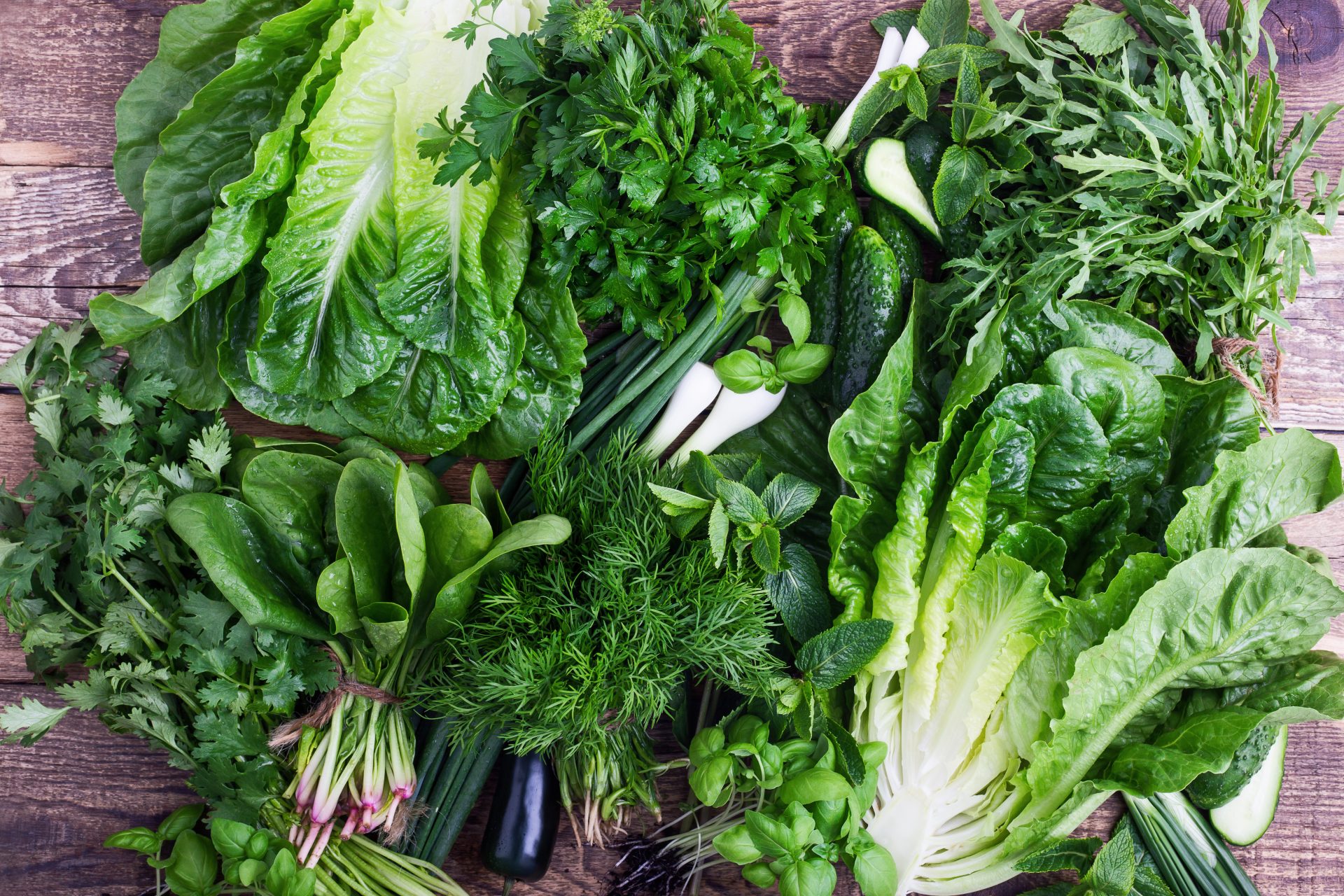6 foods you can eat to boost your immune system, because gut health is really important
Add these foods to your diet to support your immune system, mood and energy, all via your gut.
Delving into the intricacies of gut health might seem pedantic when you’re already living a balanced lifestyle, but the reality is our gut is responsible for more than just sorting the goodness (and the waste) from we consume.
One reason that a well fed gut is more important than you might think is because of how it impacts our immune system. It’s widely believed that over 70% of our antibody-producing cells are housed in the digestive tract, making gut health a vital aspect of the body’s defence against disease.
Gastrointestinal tract health depends on the balance of the trillions of microbiomes – commonly referred to as ‘good’ and ‘bad’ bacteria – that call it home. Plainly put, too much good bacteria leads to an immature immune system that can’t recognise or fight invasive pathogens and germs, while an excess of bad bacteria can weaken the gut wall. This impacts the guts ability to produce immune-boosting antibodies, allowing weak points for germs to enter the bloodstream and causing inflammatory responses.
You may also like
Did lockdown affect our gut health? A gastroenterologist explains why we feel so bloated
So, how healthy is your gut? Dr Lisa Das, a gastroenterologist at OneWelbeck, says seemingly innocuous concerns such as “excessive wind, diarrhoea, bloating, stomach pains, nausea or heartburn”, can be inflammatory signals of compromised gastrointestinal health.
Adding to that, poor gut health can also present itself in less obvious ways. Dr Das explains, “there is constant signalling between the gut and the brain, these interactions are so dynamic it may not be immediately obvious that symptoms such as altered emotions, fatigue, brain fog or skin breakouts are due to gut dysfunction.”

Nutritional therapist Eva Kalinik also says that, alongside poor diet and excessive use of antibiotics, common lifestyle choices such as “consuming excessive amounts of alcohol and caffeine” can also irritate the gut’s delicate flora.
She insists that the key to maintaining gastro-intestinal tract health is in consuming “dietary fibre which we find in all plant-based carbohydrates. This is essentially fuel for our gut microbes,” and “helps to promote a more diverse, healthier and stronger gut microbiome.”
Now you’re better acquainted with just how much of a good thing a healthy gut is, read on for some of the best foods you should be eating more of for better gastrointestinal health.
Wholegrains
Eating a balanced diet that includes fibrous whole grains such as brown rice, quinoa, chia seeds and oats, is essential for gut health. Fibre helps move things along in the digestive system, which is especially important because any blockages in the gut can upset the delicate balance of flora that keeps it healthy.
You may also like
Why is fibre so good for you? Nutritionists explain the benefits of a high-fibre diet
When it comes to fibre though, balance is the key word. Excess consumption of fibrous foods can lead to constipation and bloating.
Leafy greens
Leafy green vegetables such as kale and spinach aren’t just rich in immune-boosting vitamin C, they’re also believed to contain a sugar molecule that fuels the growth of good bacteria when consumed, giving you yet another reason to toss them into your salads, soups and smoothies.
Kefir
Kefir may currently be trending in the wellness world, but this yoghurt drink – made by fermenting milk with special grains – dates back centuries in many different parts of the world. The tart, curdy drink that results from the fermentation is teeming with live bacterial cultures that support the good bacteria in your gut. Although traditional kefir is usually made from cow or goat’s milk, vegans can opt for coconut-derived kefir options that boast similar benefits with none of the dairy.

Legumes
Meat products aren’t easily broken down by our bodies and so can lead to slow movement in the gut. Legumes such as beans, lentils and chickpeas are comparably high in protein, and are fibrous enough to aid in keeping things regular.
In addition to that, they contain large amounts of prebiotics, which are micronutrients that reach the large intestine intact. These prebiotics are fermented by the good bacteria in the colon, resulting in the short-chain fatty acid, Butyrate, which is responsible for selectively supporting good bacteria, reducing inflammation in the colon, and boosting the health of the gut barrier.
Bananas
Fruit is an essential part of a balanced diet, because it provides us with the vitamins and minerals that fuel our cells. But, bananas are particularly special in relation to gut health. They contain micronutrients that support the function of the colon and are rich in the electrolyte potassium, which requires replenishing after gastrointestinal upsets like diarrhea.
You may also like
Banana recipes: 3 easy recipe ideas for when you’re bored of banana bread
Ginger
While this powerful root may not be packed with live cultures, multiple studies support its long history as a gastro-intestinal health aid. Ginger has been proven to lessen the symptoms of inflammatory gut concerns such as nausea, bloating and cramping. Add it to teas, soups and smoothies to reap it’s stomach-calming benefits.
Follow @StrongWomenUK on Instagram for the latest workouts, delicious recipes and motivation from your favourite fitness experts.
Images: Getty
Source: Read Full Article
